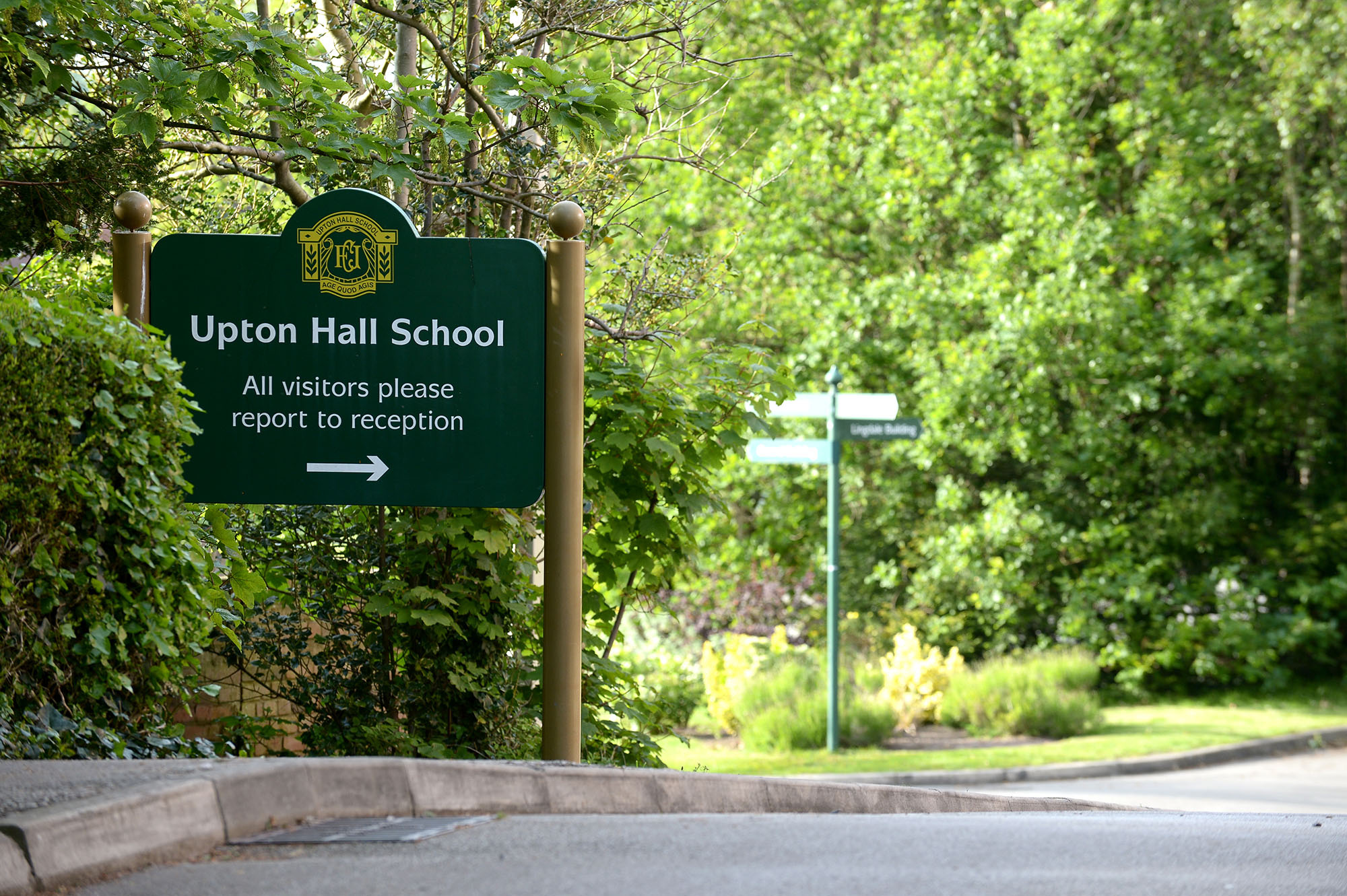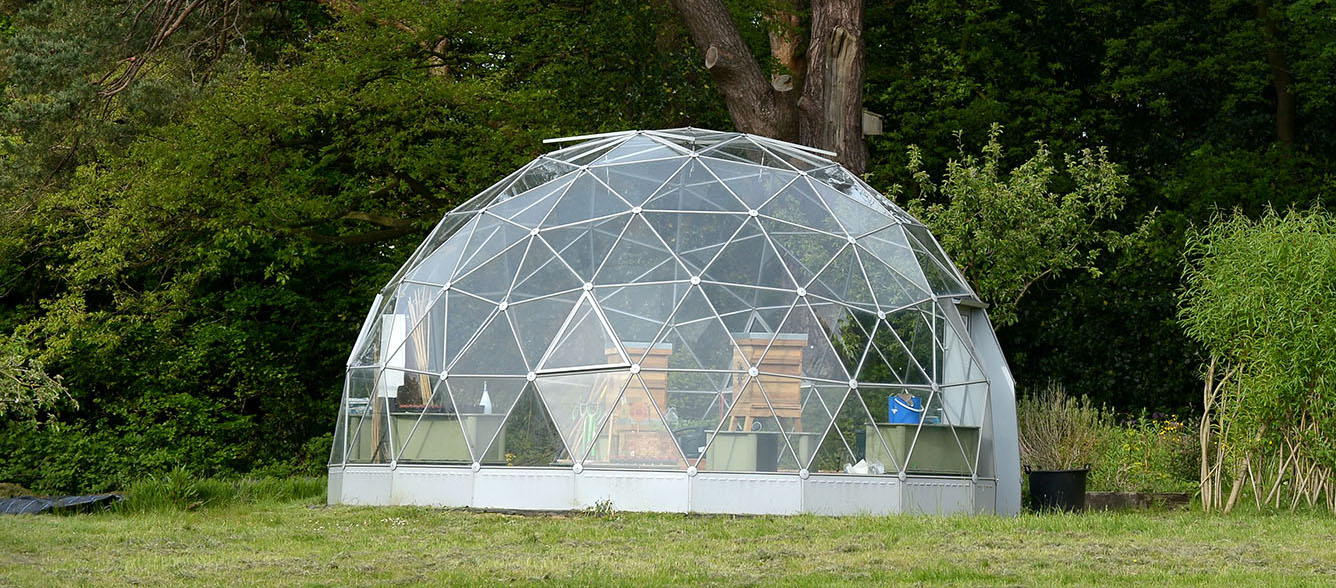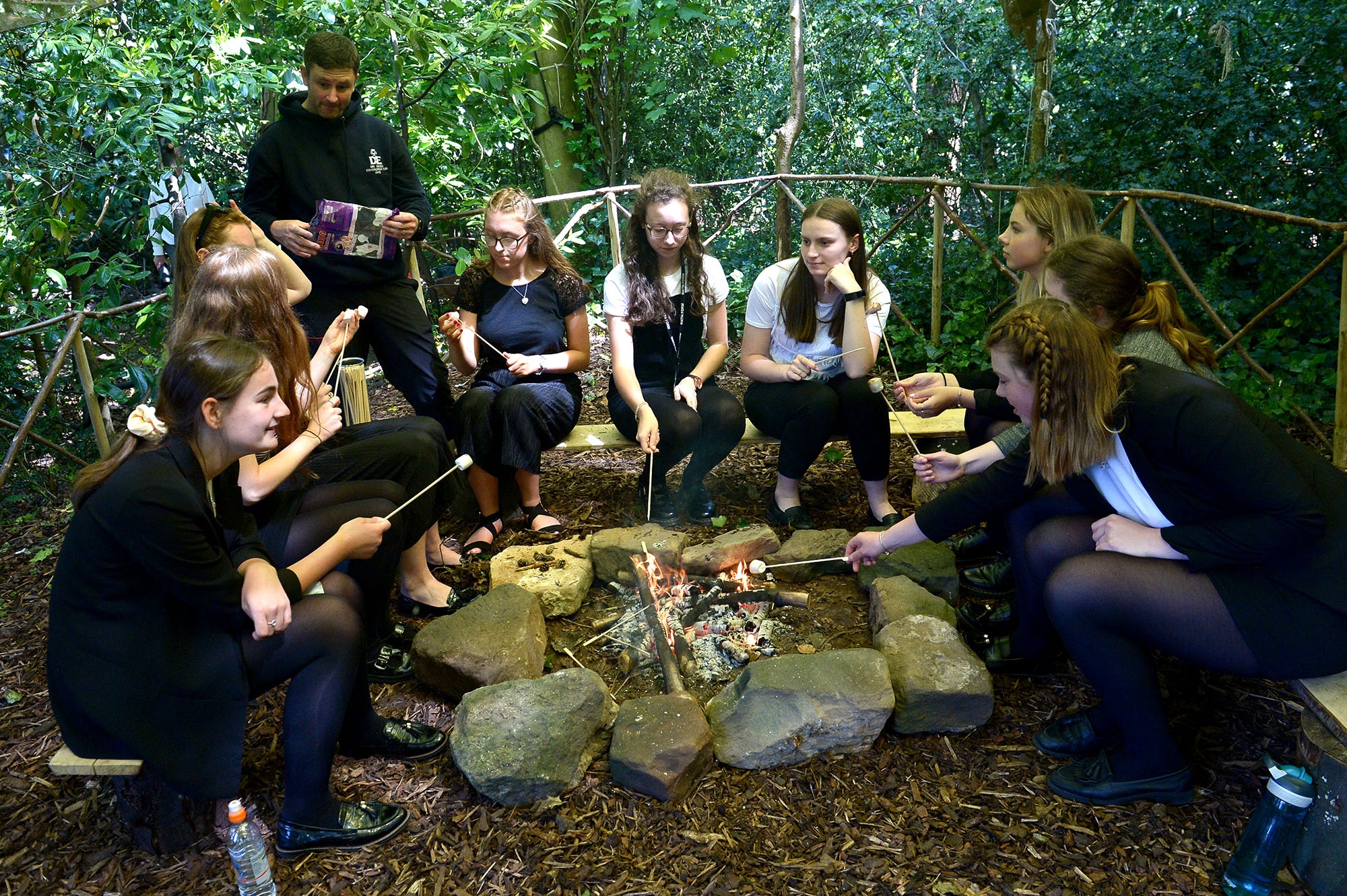Geography
Course Overview
The multidisciplinary nature of Geography allows students to pursue a variety of options. Some of these may, in fact, form specialities at university and provide obvious career pathways. Increasingly, courses have become more applied and therefore relevant to the world of work.
Geographers are seen as versatile and dynamic. They are able to collect,assess and validate information from a variety of sources. Decision making skills are developed throughout their academic studies, enabling geographers to provide balanced opinions.
Entry Requirements
If Geography has been studied at GCSE, a minimum grade 6 is required.
If Geography has not been studied at GCSE, students may be accepted dependent on other results.
As there are statistics involved in the course, a minimum grade 6 in Mathematics is required.
A Level Topics and Assessment
The A level will include four core themes, geographical skills and fieldwork relating to both physical and human themes.
The four core themes at A level are:
- Water and carbon cycles
- Landscape systems
- Global systems and global governance
- Changing place; changing places
Students will also undertake fieldwork of at least 4 days.
|
AQA Exam |
Unit 1: Physical Geography |
Unit 2: Human Geography |
Unit 3: Geographical Investigation |
|---|---|---|---|
|
Length |
Written Exam: 2 hours 30 Minutes |
Written Exam 1 hour 30 minutes/Fieldwork |
3000-4000 words |
|
Weighting |
96 marks 40% of A Level |
96 marks 40% of A Level |
35 marks 20% of A Level |
Beyond the Classroom and Future Prospects
What do geographers become?
- Scientists and Engineers – Hydrologists, Volcanologists, Civil Engineers, Chartered Surveyors, Planners, Site Managers
- Managers – Business, Retail, National Parks Officers, Forestry and countryside commission officers.
- Decision Makers – Planners, Insurance company risk assessors, Politicians, Cartographers, GIS, Aid Agencies workers.
Student Experience
I really enjoyed Geography because the combination of physical and human geography allows you to learn not only about the origins of our planet but also the impact that human life has on our world





















